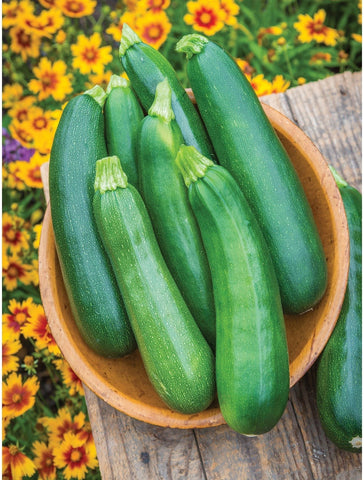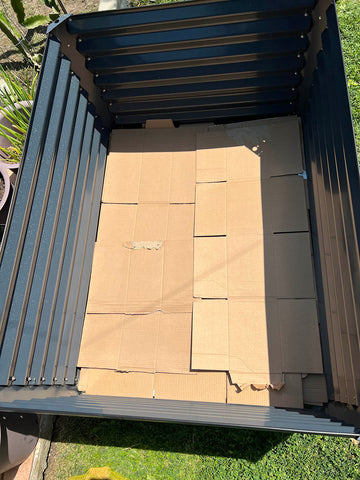We'll talk in detail about gardening techniques for growing vegetables. Start small, start making compost, keep plenty of sunlight, can grow your own favorite plants, and follow the recommended planting intervals.The following content also has some reference value for raised garden beds.
Vegetable gardening tips #1
The first vegetable gardening tip is to start small and take good care of some plants. Gardening takes time, and the bigger the garden, the more time it will take. Plant a tomato or two, half a dozen lettuces, a baby carrot - but make sure they are weed free, have the right stump and harvest, and learn to make the right amount of compost. This will give you more satisfaction than being in a large, overgrown rotary tilling field where you have no control and it will become a chore.
Vegetable gardening tips #2
Consider compost one of your most important crops. It is the crops that feed the soil microbes, which in turn feed the plants. The compost eventually becomes humus, which contains mineral nutrients from the soil. Composting isn't just another way to dispose of kitchen waste, it's essential to a successful, healthy garden.

Vegetable gardening tips #3
When you grow plants near your house, the garden becomes part of your home. You'll find yourself pulling weeds here and there while taking out the trash, noticing tomato leaves starting to curl as you walk down the driveway, or lettuce wilting when you let the cat out.
It took me a long time to get the hang of this dish. My first vegetable garden, like any neglected relationship, eventually withered. A daily walk in the garden will allow you to solve and correct problems little by little throughout the week. Check in daily - make a connection with your garden. It will give you more food than food. If you're gardening at a community garden, make visiting there part of your daily schedule.
Vegetable gardening tips #4
Most vegetables need 8 hours of sunlight a day to grow, ripen, and produce well throughout the summer. If you don't have a sunny spot, you can still grow a lot of things like lettuce, beets, beans, or broccoli. But all vegetables need at least four to five hours of full sun. If you only have darker shade, try planting some cherry tomatoes or peppers in a sunny area.

Vegetable gardening Tips #5
At first, weeds don't seem like much of a problem, then one day, you'll walk through your garden and not see what you're growing! Weeds can steal nutrients, light, and water from your plants. Whatever you do, don't let the weed grow into a seed.
Vegetable gardening tips #6
Growing vegetables draws minerals from the soil, and unlike in the past, our waste doesn't go back into the soil, but into sewers, rivers and oceans. Compost is important for feeding microbes, but you also need to use an all-organic fertilizer to put minerals back into the soil every year.
Vegetable gardening tips #7
If you're just starting out, grow something you like to eat. Tomatoes, basil, lettuce, beans and carrots are hard to beat. For those who love fresh corn on the cob, know that corn needs to be planted on a fairly large field to pollinate well and produce plump ears. Save it for year two or three.
Vegetable gardening tips #8
After you've chosen your main crop, try growing some interesting crops. Here's where you can try something different than those tempting torrent catalogs that arrive in your mailbox every January. Try rainbow carrots, purple potatoes, or those little eggplants that look like eggs.
Vegetable gardening tips #9
The technology of vegetable growing stems from the mistakes of vegetable growing. It's easy (even for experienced gardeners!). When transplanting small tomato plants from garden centers, or when planting broccoli seeds, plant them too close together. You have bare soil, they don't look that big. By August, this cute little tomato may be 5 feet wide and 6 feet tall, so watch out for April. Also pay attention to the correct planting depth.
Vegetable gardening Tips #10
Slow down. Don't focus on earnings at first. Whether you're at school, at work, at the dinner table, or in bed, if you're too focused on the finish line, you'll end up missing out on a lot. Take care of the garden and become a careful observer of nature in the process. It will nourish you, your soul and your body.









